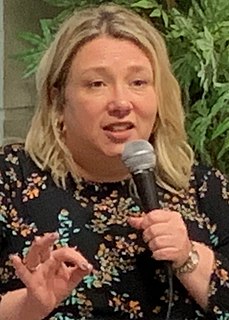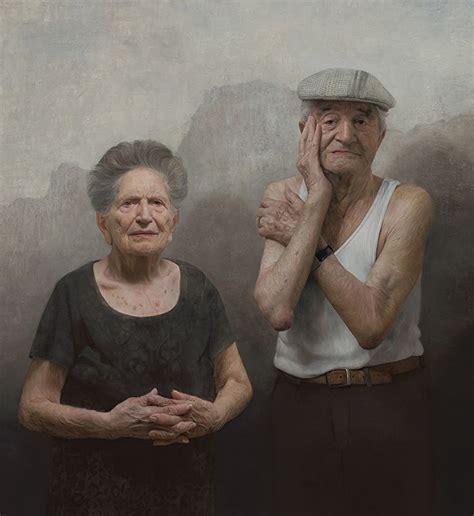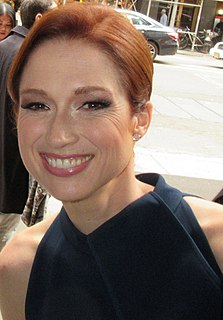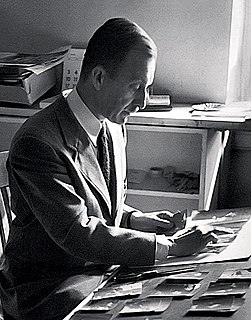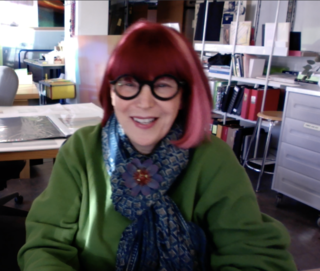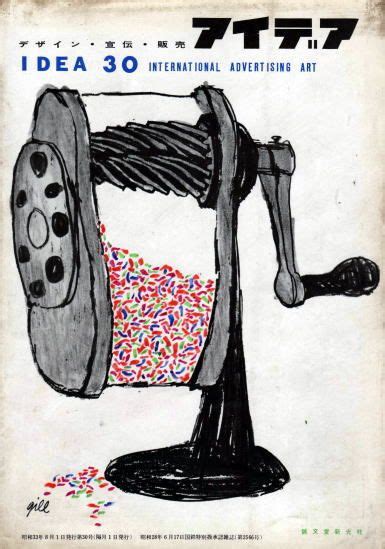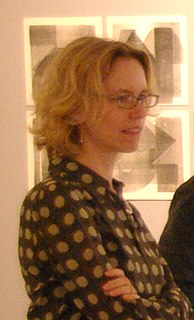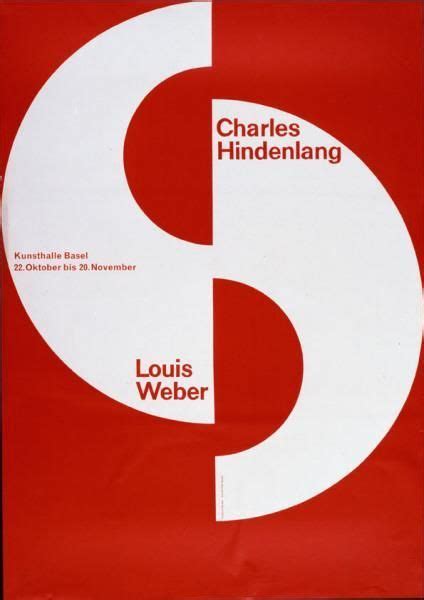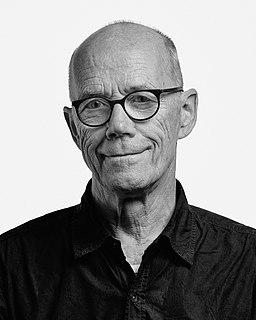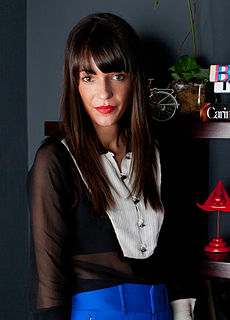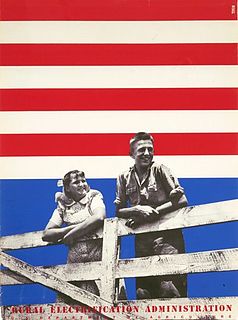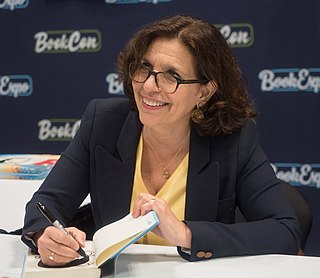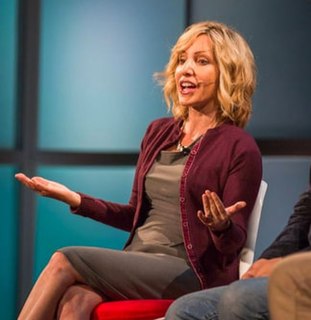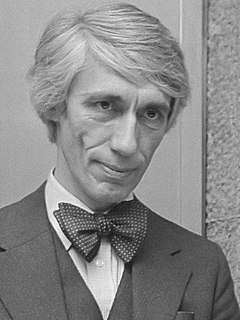A Quote by Vaughan Oliver
I think my strength in teaching and what I get a lot of good feedback on is going towards the students and asking them what they are about. It's about putting your own personality into the work.
Related Quotes
Teaching I realized took up a lot of my time. I was a kind of a teacher that spent time with students, spoke to them after class, tried to help them out. I'd talk with them personally about their work and try to get out of them what they were thinking about, forcing them to thinking seriously and not just falling back on all the ideas that they had picked up someplace. And so I took my job teaching very seriously and that - as a result, it took up a lot of time.
Teaching is a huge part of what I do. I love to think about what I do out loud, and the best way to do this is to teach. I usually learn a lot from the students in my workshops, because we work to build the classes around a collaborative environment where everyone is working towards the same goal of learning how to observe and see the subject well, because everyone brings different approaches and experiences with them, the other students and myself learn new methods that we can add into what we do.
I try to be realistic with students. And say that there's a good chance that they're not going to get a creative writing teaching job, that there aren't enough jobs to go around and the university faculties are cutting back on staff and that they may have to get some other kind of work. None of them wants to hear that, but it is true and I think I'm a good example for them of somebody who took the other route.
I think, regardless of gender, women and men need to be brave, take chances with their work, and be open to feedback. But I do think 'politeness' is an issue that can hinder your work if you aren't careful. Kindness is important, but being overly polite - thinking you can't disagree with someone about your own work - be careful about that.
You make good work by (among other things) making lots of work that isn't very good, and gradually weeding out the parts that aren't good, the parts that aren't yours. It's called feedback, and it's the most direct route to learning about your own vision. It's also called doing your work. After all, someone has to do your work, and you're the closest person around.
I think everyone is always asking themselves, How is my work meaningful, how is my life meaningful? As I get older, I feel like who I am as a person and a citizen is more important than who I am in my work. But I do think it reframed slightly for me, how much I have to care about a project in order to want to do it. Sometimes, obviously, you have a take a job for money. But I think I'm quicker now when I get a script that's, say, borderline misogynist, I'm not going to go in for it. I'm thinking more about what I'm putting into the world.
Men, your primary responsibility in your home, after your wife, is you to disciple your own children. And if you don't do it, you're in sin; you are in sin. And if you turn it over to a Sunday school teacher, you are in sin. And you are to be teaching these children more than just stories about animals that went into Noah's ark. You're to be teaching them about God, about radical depravity, about blood atonement, about propitiation, expiation, justification, sanctification; you are to teach your children!
I hadn't had any course work in ceramics. I had no courses in art education but I wasn't going to let this chance to have a job pass me by. I went out and learned and I stayed one step ahead of the students by reading and I got to be pretty proficient at throwing on the wheel and making my own glazes, ordering the chemicals and having the students go out and dig and process their clay, and doing things that they weren't teaching at Howard University. So Talladega College opened up my whole sensibility about experimental teaching.
What I don't like about teaching is hearing myself say the same thing. I mean, you just want to sort of shoot yourself after a while. But you don't have a million different ways of thinking about what you have been thinking about for many years. And then there's the truism that you're only as good as your students. If they're not into what's going on, it doesn't matter who you are.
Democracy is not about trust; it is about distrust. It is about accountability, exposure, open debate, critical challenge, and popular input and feedback from the citizenry. It is about responsible government. We have to get our fellow Americans to trust their leaders less and themselves more, trust their own questions and suspicions, and their own desire to know what is going on.

